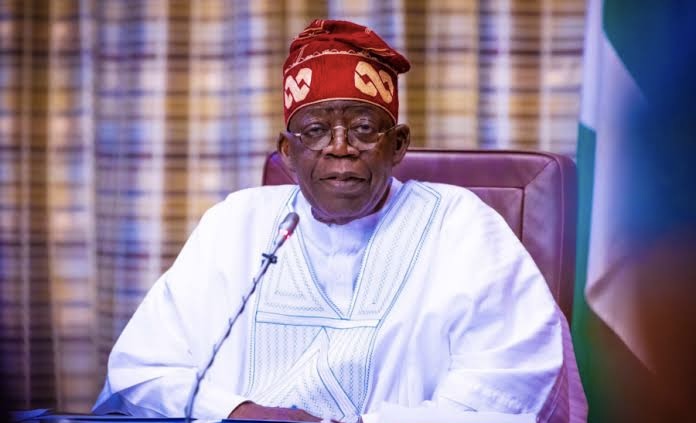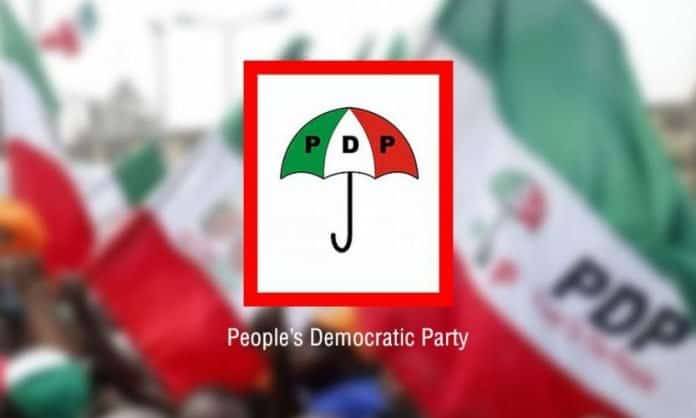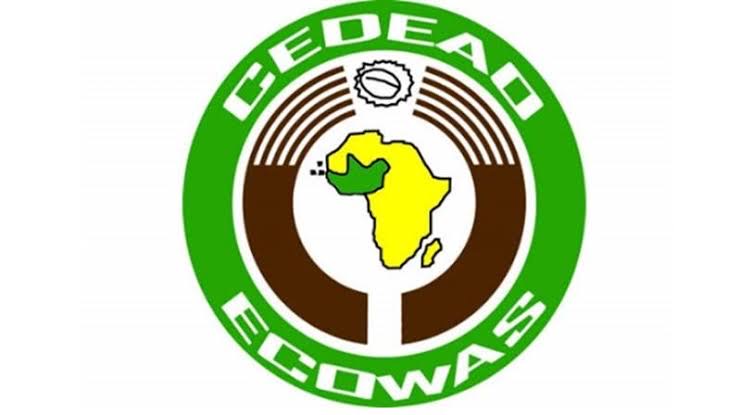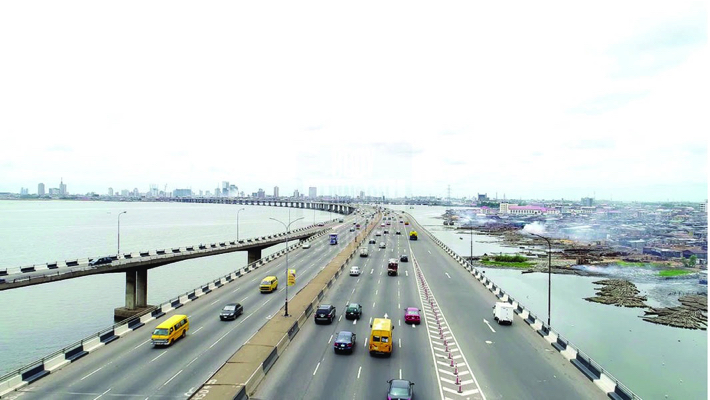The good, bad and ugly sides of subsidy removal

The Nigerian government has made it a duty to continue subsidising petroleum products to its citizens under the guise that subsidies are in the masses’ interest. However, the huge cost of providing these subsidies has triggered reactions from Nigerians and foreigners alike.
Different administrations have spent huge sums on fuel subsidies — the Buhari administration spent N4.39 trillion on fuel subsidies in 2022, which greatly strained the country’s fiscal position. As a result, conversations about fuel subsidy removal have taken centre stage over the past few years, as it has become obvious that the subsidy regime is no longer sustainable.
The Minister of Finance Zainab Ahmed, speaking on behalf of the presidency, said the government would likely start gradually removing the fuel subsidy in April 2023. Although it didn’t materialise, the government is looking towards June 2023 for the eventual removal, an act that will significantly impact the country’s economy, security and finance.
The removal of fuel subsidies will provide an avenue for the government to relocate these funds towards more relevant sectors such as healthcare, electricity and education. This reallocation of funds could positively impact the country’s economy in the long run, as investments in these areas have been shown to promote economic growth and development.
The funds tied to these unproductive subsidies can be freed and diverted towards infrastructure development. Also, the removal could change the culture of uncontrolled fuel consumption, thus making businesses and individuals explore more ways to generate cleaner sources of energy.
Although removing fuel subsidies is a crucial step towards a more sustainable economy, the decision comes with significant risks and challenges that must be addressed if the country is to achieve its economic goals. Past attempts to remove fuel subsidies have resulted in protests and politically motivated demonstrations. An example was the ‘Occupy Nigeria’ protest that rocked the country in 2012 when then-President Goodluck Jonathan tried to remove fuel subsidies. With the country’s current economic situation, it is almost a given that the intended fuel subsidy removal will result in social unrest and political instability. The Nigerian youth population has been a strong driving force and the backbone of the country’s future. About 43.29 per cent of the Nigerian population was between 0 – 14 years and 53.73 per cent between 15 – 64 years in 2021, indicating a median age of 18.6 years in 2022.
Focusing on these demographic statistics and the potential consequences of fuel subsidy removal on this enumeration of Nigerians, one of the effects will be in the area of entrepreneurship. Increased fuel prices will affect the cost of running businesses, transmitting to low-profit margins for Young entrepreneurs. This is not sustainable for business growth or operational expansion.
Another effect will be the Socioeconomic backlash on the youth population, High fuel prices send ripple effects of increased transportation and higher cost of living, leaving the majority youth population crippled to function and thrive.
The attempted removal of fuel subsidies may cause the purchasing power of the masses to decline, thereby leading to extreme hardship and agitations. Not only that, the short-run impact on businesses will be telling. This is because many businesses in Nigeria rely on fuel to power their operations. Fuel subsidy removal would result in high fuel prices, thus increasing the operating costs for these businesses, leading to little or no profit or possible closure of some of these businesses.
Removing fuel subsidies may lead to an increase in fuel prices, thus causing a spike in transportation costs. This will, in turn, affect the prices of other commodities, food inclusive. The overall effect of this will be higher inflation figures; 22.22% as of April 2023 is already bad enough. High- and low-income individuals and families will be forced to cut spending and live on more stringent budgets.
In light of these realities, it is expedient that the government seeks efficient ways to cushion the effects of the fuel subsidy removal, should it happen eventually. In recent news, it was reported that President Muhamadu Buhari requested a loan of $800M from the World Bank to cushion the fuel subsidy removal effect on the citizens. If the loan is used for the said purpose, it could provide relief for the masses. Also, the federal government could work towards increasing workers’ minimum wage and ensure that private and public sectors, including state governments, comply with the increment. Also, if the government can successfully control inflation, the impact of removing fuel subsidies may be minimal.
In conclusion, the planned removal of fuel subsidies is a move in the right direction, though fraught with different challenges. The Nigerian government should consider a mitigation plan as the initial stage of the subsidy removal may pose some hardship, but the country will be better for it in the long run.
Antoinette Onyekwelu is an analyst at SBM Intelligence
We have recently deactivated our website's comment provider in favour of other channels of distribution and commentary. We encourage you to join the conversation on our stories via our Facebook, Twitter and other social media pages.
More from Peoples Gazette

Politics
Katsina youths pledge to deliver over 2 million votes to Atiku
“Katsina State is Atiku’s political base because it is his second home.”

NationWide
Nigeria positioned to power clean energy Future: Tinubu
Mr Tinubu expressed his firm commitment to improve the developmental partnership between the European Union and Nigeria.

Africa
Benin, Liberia, Sierra Leone roll out malaria vaccines
With the announcement on World Malaria Day, the number of African countries incorporating the vaccines into their childhood immunisation programmes increased to eight.

NationWide
Group urges FG to decongest custodial centres after Suleja jailbreak
”We also call on the public to pay more attention to issues concerning corrections in Nigeria.”

Politics
PDP unveils 200-member campaign council for Edo 2024 guber election
The advisory council has seven eminent members of the state.

Africa
ECOWAS moves to tackle drug abuse in Sierra Leone, other countries
ECOWAS said the workshop was also to support efforts to tackle drug abuse and provide resources and strategies for member states, particularly Sierra Leone.

Lagos
FG to resume resurfacing of Third Mainland Bridge: Official
She said that the exact dates for the renewed construction would be announced soon.








